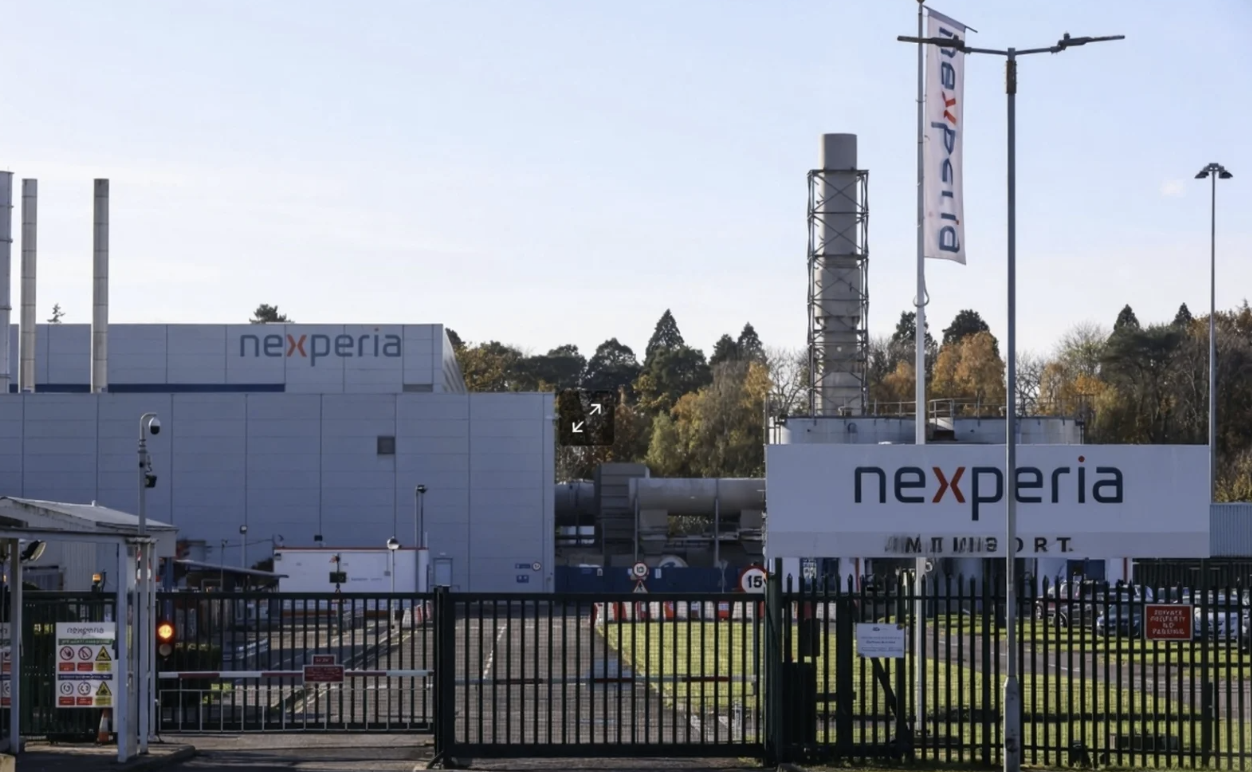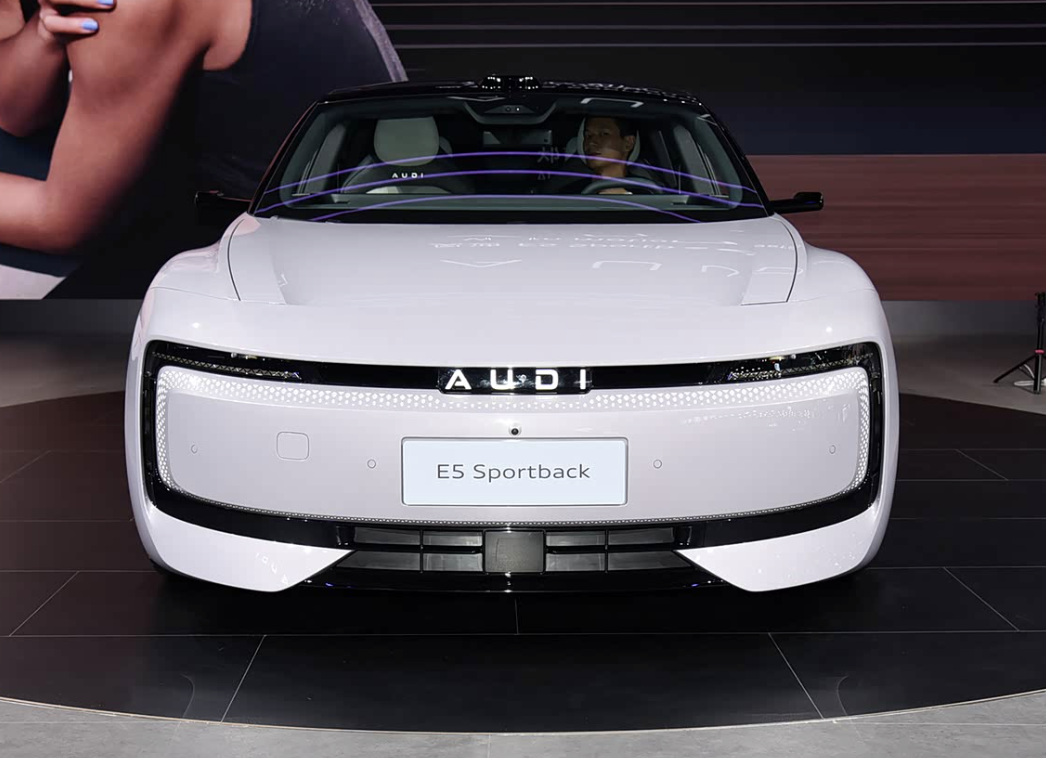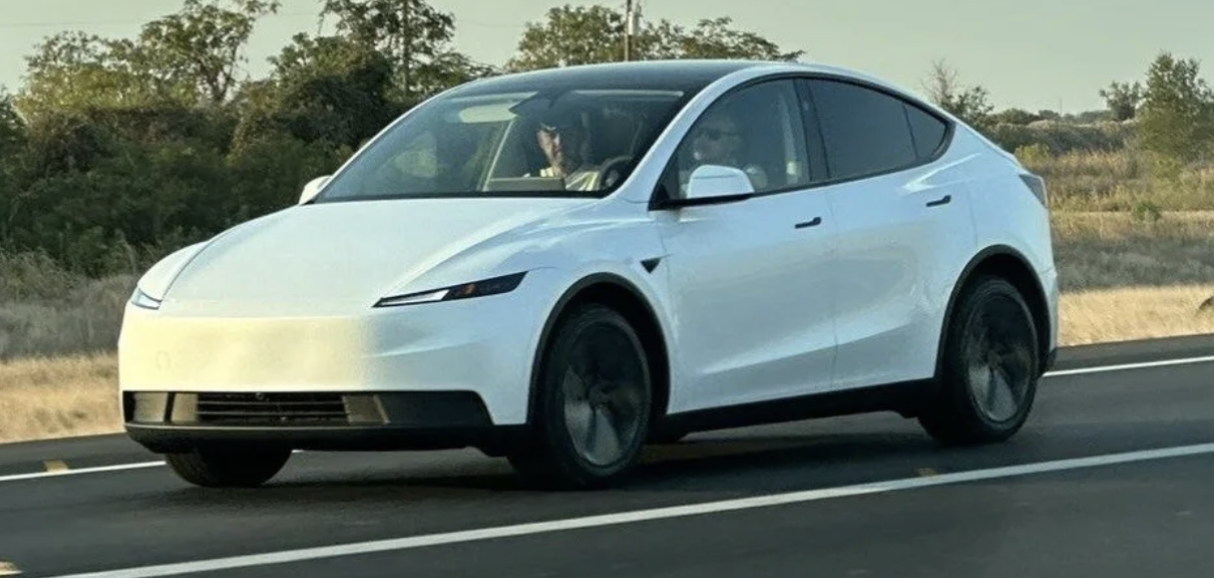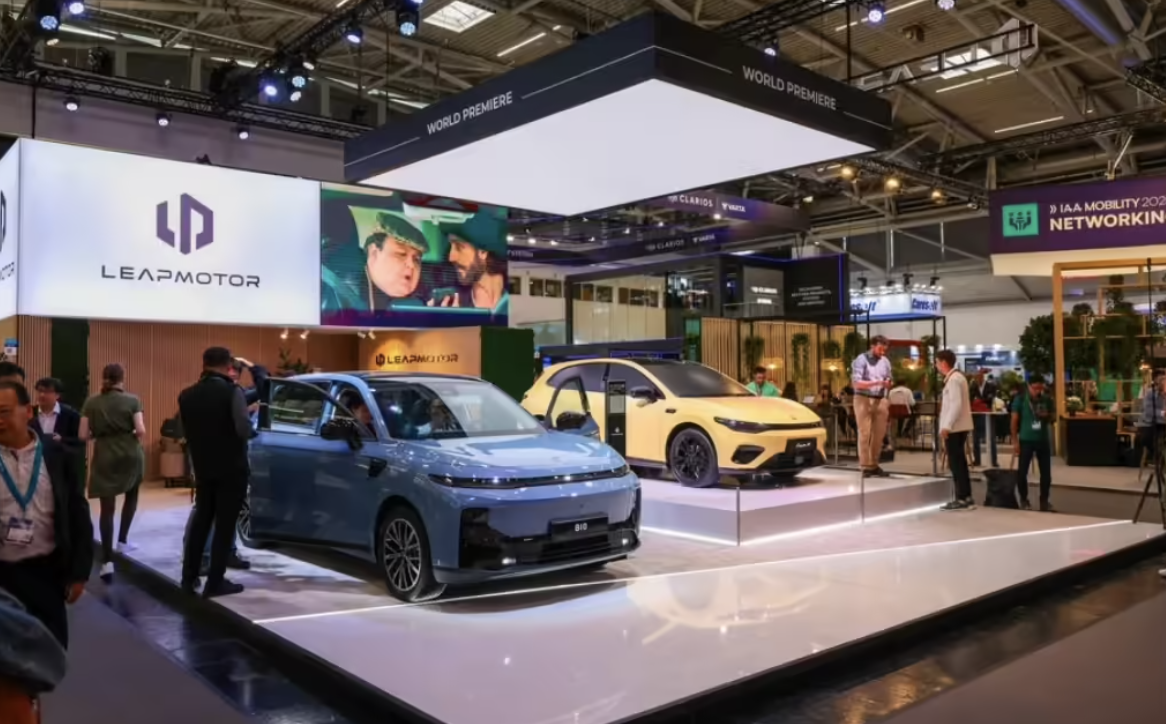According to Germany’s Bild newspaper, Volkswagen recently issued a letter to its employees, informing them that production at its main factory is expected to be halted this week. Reports indicate that, under the current plan, Volkswagen will stop production at its Wolfsburg plant on Wednesday. The suspension will affect major models such as the Golf—one of Volkswagen’s most popular cars—as well as the Tiguan, Touran, and Tayron, all of which are produced at the plant. The shutdown impacts Volkswagen’s core product line. As one of the company’s most important production bases, the suspension at Wolfsburg, which produces globally bestselling models like the Golf and Tiguan, poses a serious challenge to Volkswagen’s production planning and delivery capabilities.
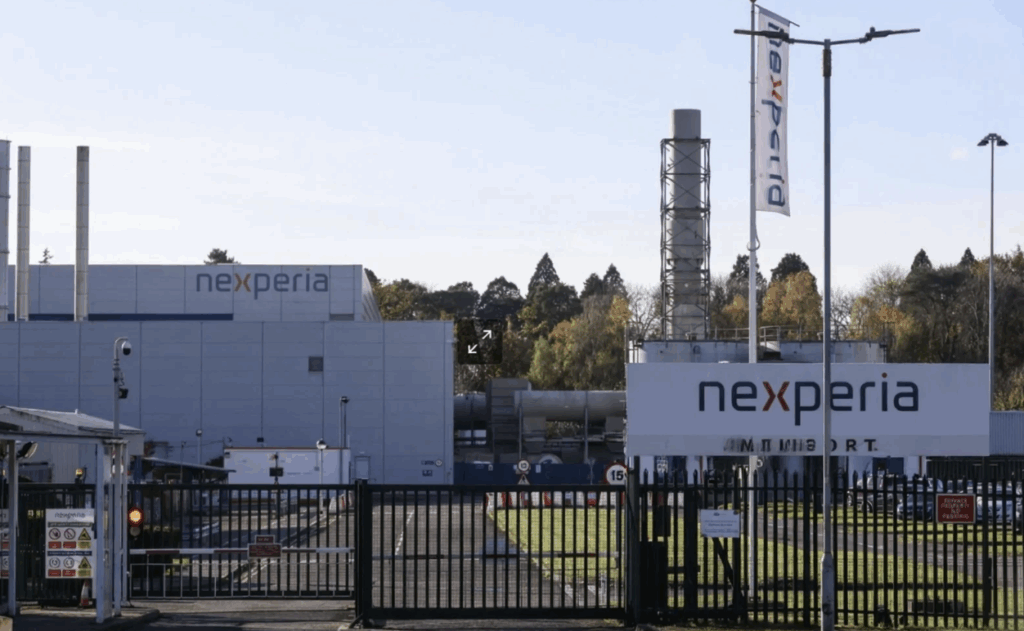
The production halt was reportedly caused by supply disruptions from Dutch chip manufacturer Nexperia. Nexperia, formerly the Standard Products division of NXP Semiconductors, became independent in 2017. As an integrated device manufacturer (IDM), it owns design, manufacturing, and packaging facilities, and its products are widely used in the automotive, industrial, mobile communications, and consumer electronics sectors. Its major clients include Huawei, Apple, Samsung, and Microsoft. Although Nexperia has a production base in Hamburg, Germany, some key components depend on supplies from China, which have recently experienced intermittent disruptions.
Nexperia’s supply problems stem from the Dutch government’s takeover of the company, which was previously controlled by a Chinese parent firm. Following this move, Nexperia notified automakers and component suppliers that it could no longer “fully guarantee” deliveries to the automotive supply chain. The German Association of the Automotive Industry (VDA) stated it has maintained close communication with affected companies, the German federal government, and the European Commission, urging a “rapid and pragmatic” solution. VDA President Hildegard Müller told the media, “If Nexperia’s supply disruptions are not resolved quickly, Germany’s automotive industry will soon face severe production restrictions, and some factories may even have to shut down.”
On October 4, China’s Ministry of Commerce imposed export controls on Nexperia, banning the export of certain products. As a result, wafers produced at Nexperia’s Dongguan plant—its largest packaging and testing base, accounting for 70% of the company’s global capacity—cannot be shipped to Europe. Wafers produced in Europe are typically sent to Dongguan for packaging and testing. With European supply now relying mainly on Nexperia’s smaller facilities in the Philippines and Malaysia, the impact on Europe’s automotive production has become unavoidable. On October 17, Nexperia China issued a letter to all employees stating that domestic production remained unaffected and rejected directives from Nexperia’s Dutch headquarters. On October 21, China’s Minister of Commerce held a video conference with the European Union. Regarding the Nexperia issue, the EU expressed its willingness to help facilitate communication between China and the Netherlands to find a swift resolution and jointly safeguard global supply chain stability.
According to company insiders, Volkswagen currently has no viable alternatives. Procuring chips from other suppliers would require lengthy testing and certification procedures, making it impossible to fill the supply gap immediately. Volkswagen has also not provided a timeline for when chip supply might recover, leaving its production outlook uncertain.
The production halt could affect tens of thousands of employees and deal a blow to one of Europe’s key industries. Although other German automotive giants such as BMW, Mercedes-Benz, and Daimler have stated that their production continues for now, they are closely monitoring the situation, as the entire auto industry faces the looming threat of a spreading supply disruption.
